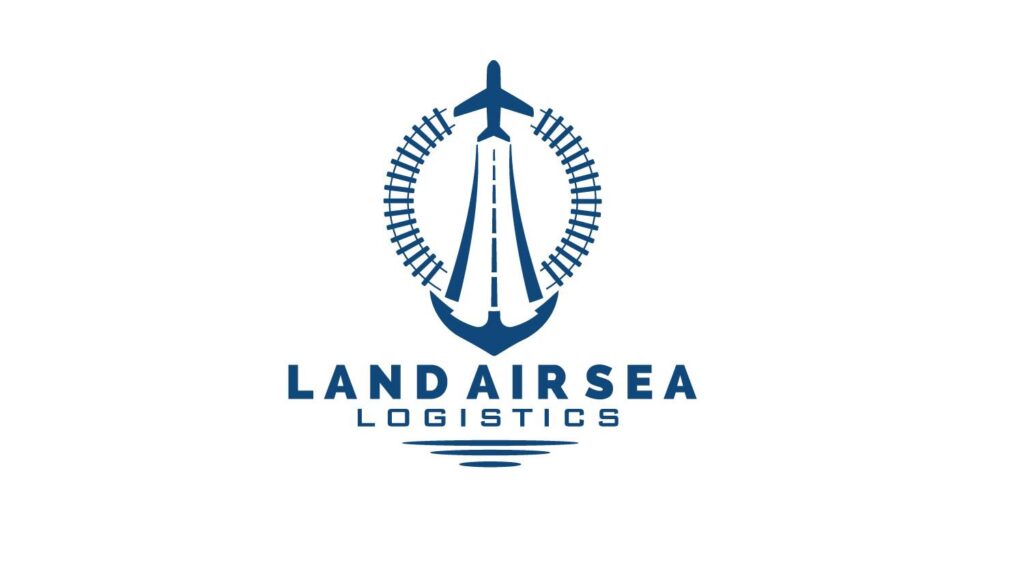
Land
Movement of cargo from point A to point B by road through trucks or railway is called as Land freight forwarding.

Air
Air freight parcel delivery is the transfer and shipment of goods via an air carrier, which may be charter or commercial. Such shipments travel out of commercial and passenger aviation gateways to anywhere planes can fly and land.

Sea
Sea Freight is a method of transporting large amounts of goods using carrier ships. Goods are packed into containers and then loaded onto a vessel.

Freight Forwarding
A freight forwarder, or forwarding agent, is a person or company who, for a fee organizes shipments for individuals or corporations to get goods from the manufacturer or producer to a market, customer or final point of distribution. Forwarders contract with a carrier or often multiple carriers to move the goods from one country to another.
A forwarder does not move the goods but acts as an expert in the logistics network. The carriers can use a variety of shipping modes, including ships, airplanes, trucks, and railroads, and often use multiple modes for a single shipment. For example, the freight forwarder may arrange to have cargo moved from a plant to an airport by truck, flown to the destination city and then moved from the airport to a customer’s building by another truck.
International freight forwarders typically handle international shipments and have additional expertise in preparing and processing customs documentation and performing activities pertaining to international shipments.
Information typically reviewed by a freight forwarder includes the commercial invoice, shipper’s export declaration, bill of lading and other documents required by the carrier or country of export, import, and/or transshipment.
Logistics
Logistics is generally the detailed organization and implementation of a complex operation. In a general business sense, logistics manages the flow of goods between the point of origin and the point of consumption to meet the requirements of customers or corporations. The resources managed in logistics may include tangible goods such as materials, equipment, and supplies, as well as food and other consumable items.


